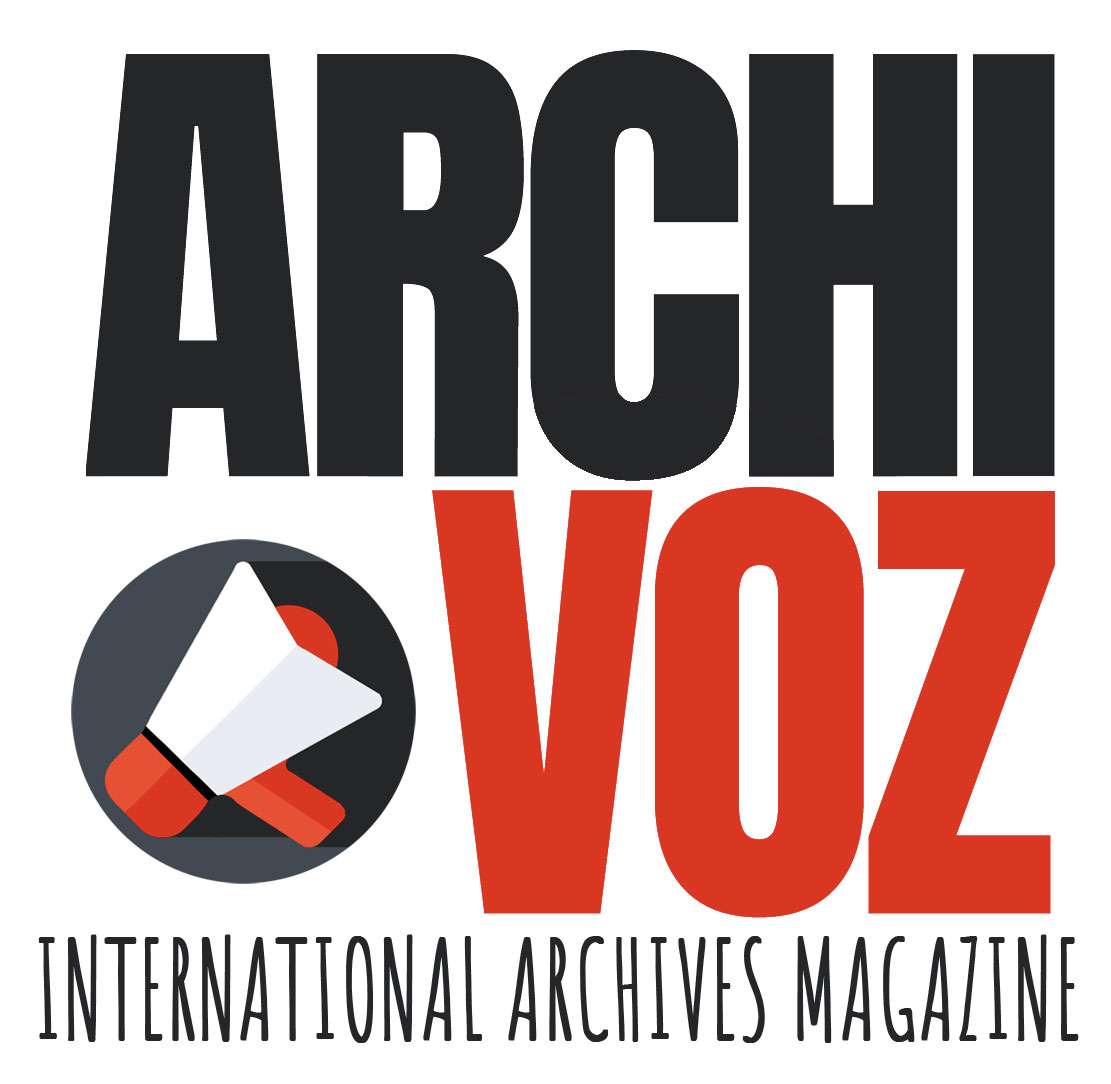Write responsibly. Do not absorb the errors of the past but correct them.
Finally, as archivists and researchers it is important that our writing does not entrench the errors of the past but aims to correct them in order to make collections, and writing about them, more accessible and inclusive. I recently worked on an exhibition with a community partner and, during the initial object selection phase, spent a lot of time with a museum’s collections management system and library catalogue. Some of the things I saw shocked me. In records referring to prints and drawings that include people of African descent, the word ‘negro’ was still being used to describe people. One object’s description used the word ‘negro’ four times in one sentence. Initially I thought that the records might have been old, or that someone had directly typed what had earlier been on a card index. Unfortunately, the records dated from 2007 when a large amount of material connected to African Caribbean history had been accessioned. I was disturbed at what I had found, but was glad that it was me, and not the community partner from a West African heritage organisation, who had found these records.
A search for the word ‘negro’ in the description field of all records found 99 instances where it had been used in this way, not in the title (which could arguably have been copied from the original), but in the description written by the cataloguer. Words like this are not just words. They symbolise oppression and degradation for the very communities that heritage organisations are struggling to attract. Organisations need to do better at engaging with these audiences, and checking databases for the appropriate use of language can be done quickly. Edits may take time but are essential if we are to bring collections databases out of the colonial past. For guidance on potentially sensitive and offensive words, archivists can consult Words Matter, ‘an unfinished guide to word choices in the cultural sector’ compiled by the Netherland’s National Museum for World Cultures (Tropenmuseum, Afrikamuseum, Museum Volkenkunde). The guide can be used as a starting point to discuss words that may feature in your archives, and begin searching your databases to edit or contextualise them. You can also consider adding words that might be missing. In cases where these words are direct quotes from historical documents or titles, they should always be placed between inverted commas.
When working with colonial collections, particularly archival documents, it is easy to become over familiar with, and absorb the language they use. To counter this, add an extra step to your proof reading process. Just as you check for spelling mistakes, grammar, and repetition, check your word choice and use of language, and be very wary of unconscious bias. Are there sentences where your language implies the superiority of colonial authorities or western culture? For example, ‘the African soldiers were unable to speak English’ should be written as ‘the English and African soldiers did not share a common language’.
Conclusion
Archives can be decolonised if archive professionals and researchers work together to uncover evidence of colonialism and take steps to remedy it. Where colonialism has separated archives, they should be unified, at least digitally. Researchers have the responsibility to inform the archives that they are working with when they find corresponding material elsewhere. Archives should be shared with the communities to whom they are most relevant, especially when those communities do not have the funds or means to access the archive in its current state. In some cases, this could mean returning items to their source communities, but should at least mean working with those communities to re-define and re-purpose the materials. Archivists and researchers can collaborate to identify these communities and work with them to develop engagement projects. Finally, when writing catalogue entries, blogs, or articles, we must proof our work to pull out any colonial language that has crept in due to over familiarity with such words. Likewise, it is vital to check for unconscious bias, in case we have inadvertently reproduced the tones and assumptions of the colonial period when describing different groups of people, their languages, cultures, and customs.
Archives can be decolonised and made more attractive and accessible to all communities. Researchers and archivists must work together to achieve this.
<< back to part I of the article
Bibliography
Peers, L. and Brown, A. K. (2009), ‘“Just By Bringing These Photographs..”: On the Other Meanings of Anthropological Images’, in Elizabeth Edwards and Christopher Morton (eds.), Photography, Anthropology and History: Expanding the Frame (Farnham, Ashgate).
Author:

Dr Melissa Bennett
Dr Melissa Bennett’s PhD looked at the photographic archive of the West India Regiment, piecing it together through archival research that covered the UK, Caribbean, Sierra Leone, and the US. Melissa now works as a community engagement professional and is a research assistant on a new Birkbeck/National Trust collaboration: ‘Unlocking the Photographic Archive: Identity & History in the National Trust’s Photography Collections’.
Article edited by: Noemi Ortega Raventós



